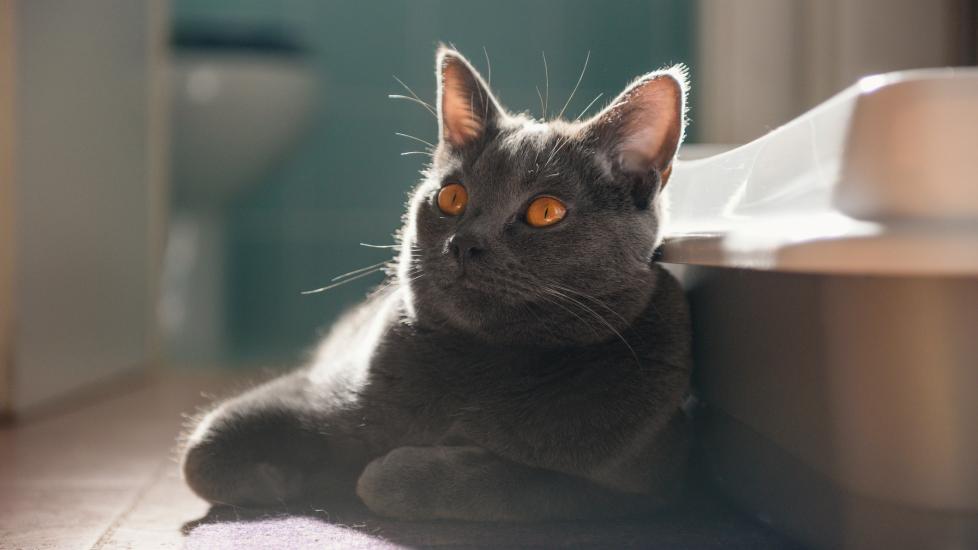 Why Is My Cat Pooping Outside the Litter Box?
Why Is My Cat Pooping Outside the Litter Box?
As a pet owner, one of the most frustrating and perplexing issues that can arise is when your feline friend decides to relieve themselves outside their designated litter box. This behavior can be distressing for both you and your cat, as it often indicates an underlying problem that needs attention. Understanding why cats choose to defecate elsewhere can help you address these concerns effectively and ensure the well-being of your beloved pet. In this article, we will delve into various reasons behind this common yet concerning issue, providing insights on how to identify the cause and implement appropriate solutions.
Health Issues:
One of the primary reasons cats may avoid the litter box is due to health problems such as urinary tract infections (UTIs), kidney disease, or gastrointestinal distress. These conditions can make using the litter box painful or uncomfortable, prompting them to find alternative locations where they feel more at ease. Symptoms like excessive licking around the genital area, straining, or changes in urine color or odor could signal potential health issues requiring veterinary attention.
Litter Discomfort:
Cats are particular about the environment they use for elimination, including the type of litter within the box. Changes in litter texture, scent, or depth might not sit well with your cat’s sensitive sense of smell and touch. Additionally, if the box isn’t cleaned regularly enough, the accumulation of strong odors can drive them away from their usual spot. Providing multiple boxes throughout the house with different types of litter can sometimes alleviate this problem by offering options that cater to individual preferences.
Territorial Marking:
Another factor to consider is whether your cat feels threatened or insecure about its territory. Stressful events such as new pets arriving, home renovations, or even visitors can lead to anxiety, which some cats cope with through territorial marking behaviors. Spraying urine or pooping outside the box can be a way for them to assert dominance over their surroundings. Frequent interaction, positive reinforcement techniques, and maintaining consistent routines can contribute to creating a stable and comforting atmosphere for your furry companion.
Age-Related Changes:
Older cats may experience mobility issues that make accessing the litter box challenging. Joint pain or arthritis can limit their ability to jump into high-sided boxes or walk long distances without discomfort. Providing a low-entry litter box closer to their preferred resting spots can encourage them to use it consistently again. Similarly, kittens going through toilet training phases may need extra patience and guidance until they fully understand proper bathroom etiquette.
Environmental Factors:
The placement of the litter box itself can influence your cat’s choice of toileting location. Cats prefer privacy and quiet spaces; therefore, placing the box near noisy appliances or in a heavily trafficked area might discourage them from using it. Optimal locations should be secluded but still accessible, allowing easy monitoring of the surrounding area while feeling safe.
Solutions:
To resolve the issue of outdoor elimination, it’s crucial to approach it systematically. First, rule out any medical causes by scheduling a checkup with your veterinarian. Then, assess the current living situation for factors that could be stressing your cat, making adjustments as necessary. Regularly clean all litter boxes thoroughly, ensuring they remain inviting places for your pet. Finally, keep an open mind regarding what changes might work best based on your specific circumstances—every cat has unique preferences that must be respected during the troubleshooting process.
In conclusion, understanding why your cat is avoiding the litter box requires careful observation, patience, and sensitivity towards their needs. By addressing each aspect of their environment—from physical comfort to emotional stability—you can create a harmonious household once again. Remember, persistence pays off when working with our finicky feline friends!
